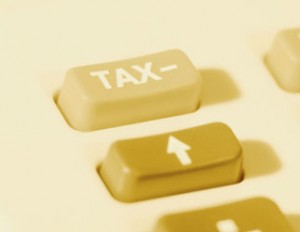Is the money in my RRSP really tax-free?
RRSPs simply defer taxes until later in life when lower tax rates apply.
Advertisement
RRSPs simply defer taxes until later in life when lower tax rates apply.
 No, the government will get its pound of flesh later. This is how it works: Say you put $5,000 in an RRSP this year. You’ll get a tax deduction on that money, so you effectively are delaying paying income tax. But when you take that money out of the RRSP—whether it’s during retirement, or any other time—you will be taxed on that income just like you’re taxed on any other income you earn.
The way to get the most out of RRSPs is to put money in when you’re in a higher tax bracket—when you’re working full time and earning at least $40,000—and take it out in retirement, when you have less income and you’re in a lower tax bracket. This way you pay less tax in total to the government.
The other main benefit of RRSPs is that investments grow inside the plan tax-free. This means you don’t have to pay capital gains when you sell stocks and you don’t have to pay tax when you receive interest and dividends. When you take money out of your RRSP, it’s taxed as if it was income earned that year.
No, the government will get its pound of flesh later. This is how it works: Say you put $5,000 in an RRSP this year. You’ll get a tax deduction on that money, so you effectively are delaying paying income tax. But when you take that money out of the RRSP—whether it’s during retirement, or any other time—you will be taxed on that income just like you’re taxed on any other income you earn.
The way to get the most out of RRSPs is to put money in when you’re in a higher tax bracket—when you’re working full time and earning at least $40,000—and take it out in retirement, when you have less income and you’re in a lower tax bracket. This way you pay less tax in total to the government.
The other main benefit of RRSPs is that investments grow inside the plan tax-free. This means you don’t have to pay capital gains when you sell stocks and you don’t have to pay tax when you receive interest and dividends. When you take money out of your RRSP, it’s taxed as if it was income earned that year.
Share this article Share on Facebook Share on Twitter Share on Linkedin Share on Reddit Share on Email